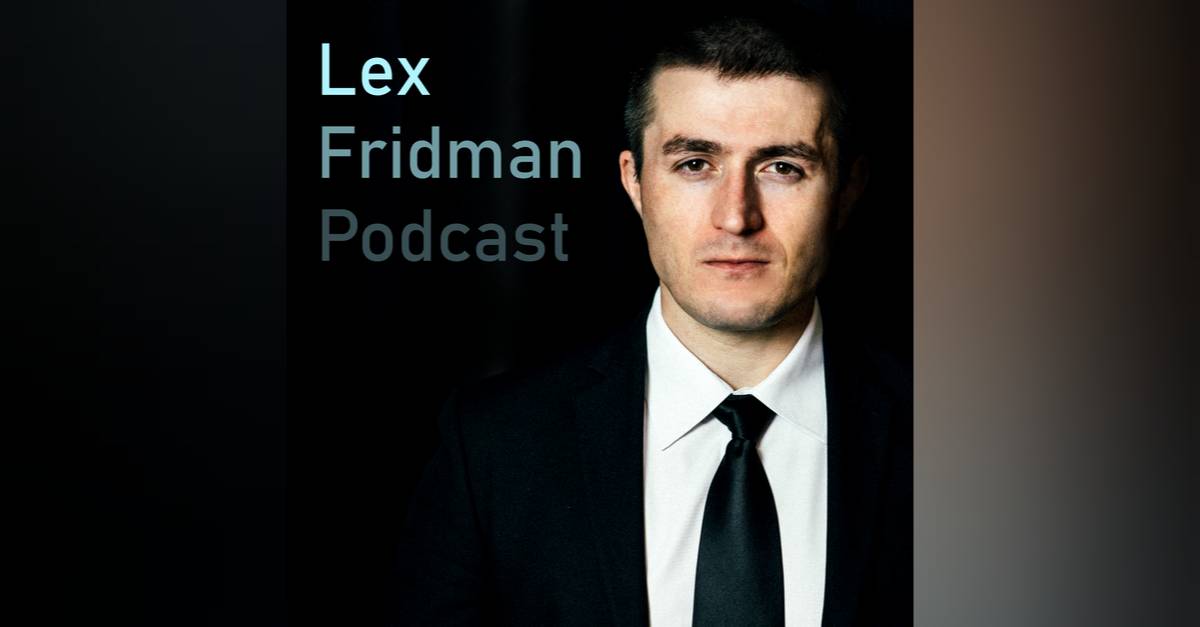Notes from the podcast:
The president has sole authority to initiate a nuclear war without needing approval from anyone else, emphasizing the speed of decision-making in such scenarios.
Post-nuclear war scenarios lack population protection planning, requiring individuals to rely on their own resources for survival.
Building trust with primary sources for reporting involves navigating conflicts between personal and professional information, especially in high-stakes environments like national security.
The revelation of the Roswell crash being a hoax orchestrated by Stalin highlights the intricate world of government intrigue and secrecy.
Title 50 allows for covert operations like the assassination of Bin Laden in Pakistan, showcasing the blurred lines between military and intelligence operations.
CIA covert operations raise ethical dilemmas, with discussions around the role of assassination in geopolitics and military operations.
Obtaining unbiased insights from different intelligence agencies requires extensive research and multiple sources, emphasizing the importance of transparency in investigative journalism.
Surveillance techniques have evolved to include mass biometric data collection, raising concerns about privacy and the implications of widespread surveillance in modern society.


